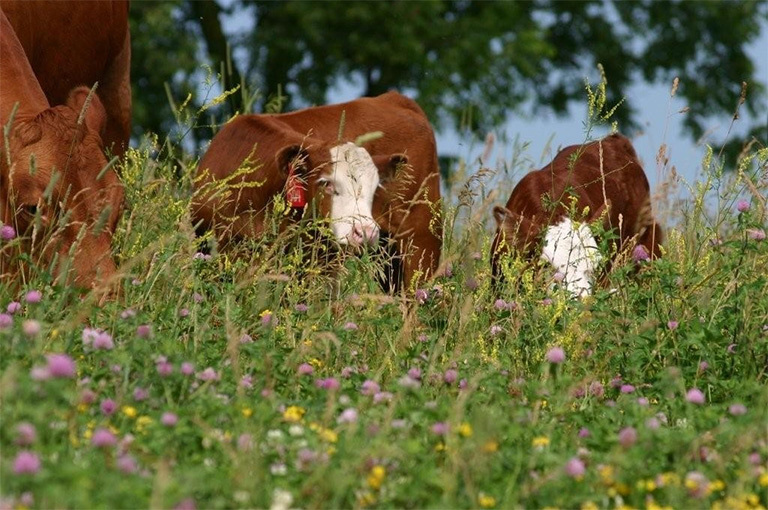Our response to live exports tragedy in which 15,000 sheep die in Red Sea
Published 6/13/2022
- Reports show that on 11 June around 15,000 sheep drowned when the Al Badri 1, a livestock vessel carrying them from Sudan to Saudi Arabia capsized. The ship sank near the harbour exit as it was leaving the port of Suakin in Sudan. A report states that only around 700 of the 15,800 sheep onboard were rescued.
- Worldwide each year millions of sheep, cattle, and pigs are sent on long export journeys for slaughter of fattening by road, rail, sea or air across continents. During this time, they often endure horrific conditions such as overcrowding and extreme temperatures causing enormous pain and distress.
- Tomorrow (14 June) is the annual Ban Live Exports: International Awareness Day in which supporters all over the world will unite to show their support for a ban on this cruel trade. The date of 14 June was chosen to mark the live export tragedy that occurred on the same day in 2015 when 13,000 sheep tragically lost their lives due to dehydration, starvation and exhaustion during a long sea journey from Romania to Somalia.
- As part of this international day of action, hundreds of supporters will gather at Westminster Square in London tomorrow (14 June) from 12.30-2pm to call on the UK Government to honour its pledge to ban UK live exports.
Peter Stevenson, Chief Policy Adviser at Compassion in World Farming, said:
“Disasters in which large numbers of animals die during long distance transportation occur with grim regularity as animals drown or perish in shipboard fires or succumb to disease, heat stress or starvation. This inhumane trade is unnecessary – animals should be slaughtered as near as possible to the farm on which they were reared and fattened on or near the farm where they were born.
“Compassion in world Farming is calling for these cruel live exports to be ended and replaced with a trade in meat and carcases and is writing to the World Organisation for Animal Health (WOAH) whose Guidelines provide that ‘the amount of time animals spend on a journey should be kept to the minimum’.
We urge WOAH to press all their member countries to respect this Guideline and to rapidly bring an end the transport of live animals over long distances.
“We would encourage people who care about animals to help us show the breadth of support that exists for immediate action to prevent the needless cruelty caused by this unnecessary trade by taking part in tomorrow’s Ban Live Exports: International Awareness Day and signing our petition,“
For further information or to book an interview, contact Compassion in World Farming’s Media Team: 01483 521 615 media.team@ciwf.org
Notes to editors:
1. Compassion in World Farming was founded in 1967 by a British dairy farmer who became horrified at the development of intensive factory farming. Today Compassion is the leading farm animal welfare organisation dedicated to ending factory farming and achieving humane and sustainable food. With headquarters in the UK, we have offices across Europe, in the US, China and South Africa.
2. Compassion has been a leading light in the campaign to ban live exports for decades and organises the annual Ban Live Exports: International Awareness Day.
3. To find out more about Compassion in World Farming visit: www.ciwf.org
